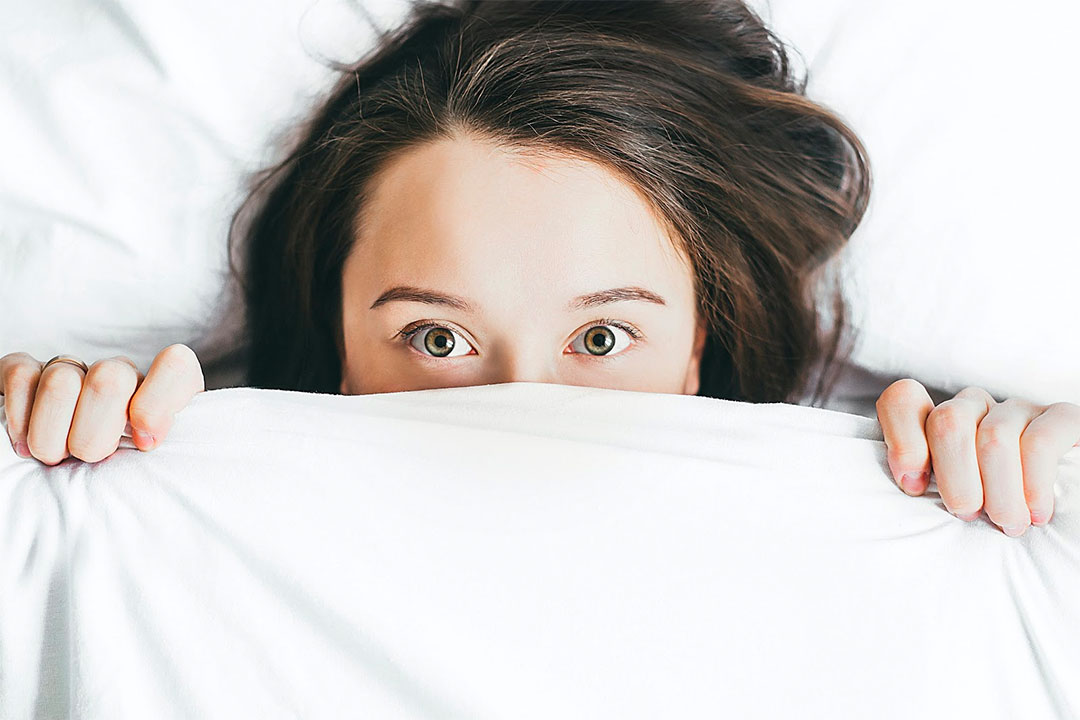Those with sleep apnea suffer from exhaustion, even after a ‘full’ night’s sleep. While the thought of obstructed and lapsed breathing is worrisome enough, those inflicted suffer from secondary problems such as marital issues, weight gain, and lower cognitive functioning.
Even worse, studies find prolonged effects can trigger the onset of hereditary traits, such as androgenetic alopecia. Additionally, an undeniable link between added stress and living with sleep apnea raises more concern related to sleep and hair loss. These precursory facts beg the question, can sleep apnea cause hair loss?
What Causes Hair Loss
- Hair loss is preconditioned by family genetics. Male/female-pattern baldness, or androgenetic alopecia, is the most common cause
- Particular hormonal and medical conditions, such as pregnancy, thyroid issues, and alopecia areata
- Medication and health supplements related to high blood pressure, arthritis, and certain forms of cancer
- Particular hairstyles that place high stress on follicles and the scalp as well as treatments (hot oil)
- A traumatic event or ongoing stress
A sleep study published in 2017 finds a number of relations between repeated sleep disruption and short/long-term health issues. The stress brought on by continuous unrest can accelerate the onset of genetic traits, such as androgenetic alopecia.
Alopecia and Sleep Apnea
While there is no direct causal relation, there is enough evidence to establish a correlation between alopecia and sleep apnea. It’s common for humans to lose hair daily as new hair grows in replacement, and a person’s circadian rhythm, or internal clock, is involved in the process.
A 2014 study found a link between the consistency of circadian rhythm and the integrity of regenerated stem cell tissue. The prolonged disruption in tested animals’ sleep-wake cycles influenced hair follicles. The findings prompt more concern regarding the link between sleep deprivation and human hair loss.
The secretion of melatonin, sometimes used as a topical solution for hair loss, is affected by the sleep-wake cycle. Melatonin secretion happens during normal sleeping hours and can otherwise be disrupted by irregular sleep-wake cycles or prolonged exhaustion, hallmarks of sleep apnea.
Obstructive Sleep Apnea, Poor Sleep, and Hair Loss
Obstructive sleep apnea is the most common form and characterized by the relaxation of throat muscles. The relaxation blocks the passage of air, causing snoring and a decrease in blood-oxygen levels. The brain senses the strain of breathing and actually wakes the sleeper for a moment (so brief a sleeper may not remember). This pattern can repeat beyond thirty times per hour each night.
The disruption compounds over time leading to ongoing exhaustion, and in some cases, a neurobiological ‘cost’ or ‘sleep debt.’ The sleep and hair loss cycle is initiated by poor sleep, leading to added strain in family, work, and personal life, which then contributes to hair loss.
How does sleep apnea cause hair loss in relation to stress?
- Significant stress causes hair follicles to get in a dormant or sleeping state. The buildup results in the affected hairs falling out during a future wash or combing.
- Stress may inspire psychosomatic responses such as the pulling of one’s hair or eyebrows. Trichotillomania is a way some people deal with negative feelings.
- Severe stress creates an immune system response, such as with alopecia areata, instructing the body to attack hair follicles.
Sleep Apnea Remedies
A number of home and professional remedies treat sleep apnea. Home remedies include:
- Maintaining a healthy weight
- Exercising (yoga, jogging, etc.) to increase oxygen flow
- Avoiding alcohol and nicotine
- Using oral appliances (to keep airways open during sleep)
Professionals may suggest CPAP therapy. A CPAP machine unblocks breathing airways so those with sleep apnea enjoy the benefits of an undisturbed night’s sleep. The continuous positive airway pressure (CPAP) machine provides a constant stream of air, releasing enough pressure to hold the passageway in the back of the throat open while the wearer enjoys restful sleep.
CPAP Benefits:
- Reduced risk of heart disease and stroke
- Decreased risk of developing type 2 diabetes
- Increased alertness during the day
- Improved concentration and emotional stability
What to Do If You’re Concerned About Sleep and Hair Loss
If you believe you have sleep apnea or you’re dealing with related symptoms, consider getting a sleep study. Poor sleep creates a number of issues besides hair loss including heart disease, poor work performance, and strained personal relationships.
A study is an important step in improving the quality of your life. Through proper diagnosis, professionals can prescribe the best treatment and preventative measures. Several types of sleep tests are at your disposal, headed by experienced, caring professionals ready to help.

